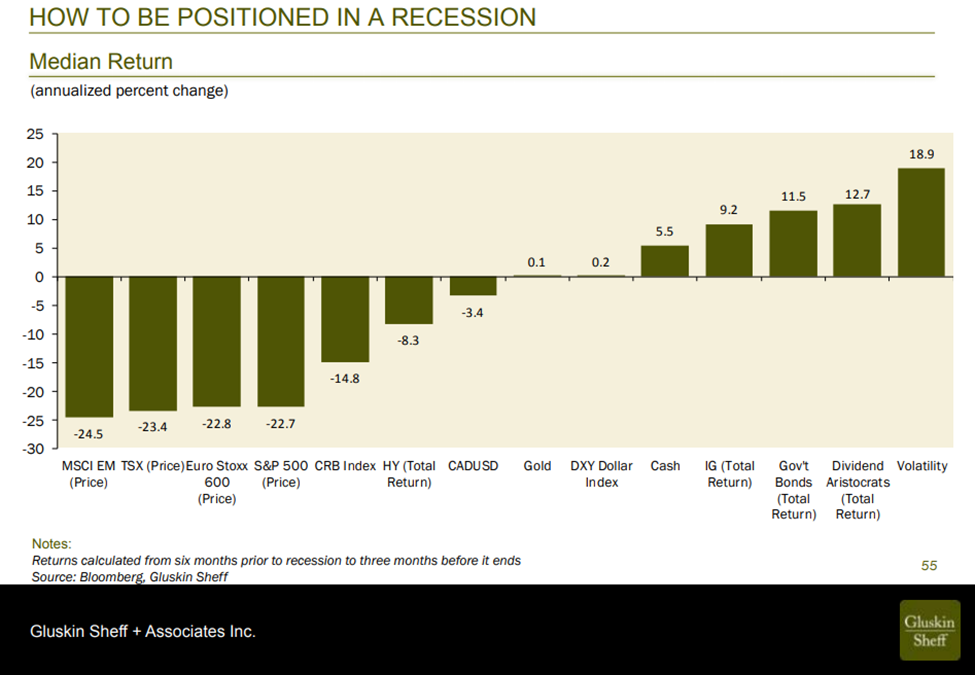Opinion: The United States’s economic recovery expansion is now its longest on record - The Globe and Mail
OPINION
The United States’s economic recovery
expansion is now its longest on record
MOHAMED A.
EL-ERIAN
LONDON
CONTRIBUTED
TO THE GLOBE AND MAIL
PUBLISHED 10
HOURS AGO
UPDATED JUNE
18, 2019
0 COMMENTS
Data released over the next few months will show that the
current U.S. economic expansion is the longest on record. But while the United
States continues to outperform other advanced economies, this success has yet
to dispel many Americans’ persistent sense of economic insecurity and
frustration; nor does it alleviate concerns about the lack of policy space to
respond to the next economic downturn or financial shock.
The current expansion began in mid-2009, following the 2008
financial crisis and the “Great Recession.” Powered initially by exceptional
fiscal interventions and previously unthinkable monetary policies, the economy
built enough of a foundation for private-sector confidence to return, and for
corporate balance sheets to recover. Coupled with accelerating advances in new
technologies, the expansion came to be led in large part by technology and
platform companies presiding over the new “gig economy.” It was given further
impetus by pro-growth measures, including deregulation and tax cuts.
With the U.S. unemployment rate at 3.6 per cent, real
(inflation-adjusted) wages are now growing at 1.6 per cent. And with the most
recent quarterly data indicating an annualized GDP growth rate of 3.1 per cent,
U.S. economic activity continues to outpace that of Europe and Japan by a
significant margin. Owing to this strength, America has become increasingly
assertive in pursuing national objectives abroad, including by circumventing
long-standing co-operative and conflict-resolution mechanisms and threatening
import tariffs and other protectionist measures.
To get to this point, the United States had to overcome
headwinds from abroad, including an existential debt crisis in Europe and
slowing economic growth in China. Domestically, deep political polarization,
especially since 2011, has impeded congressional legislative activity and
produced multiple actual or threatened government shutdowns (including the
longest on record). In the absence of new pro-growth measures from Congress,
monetary policy became the “only game in town.” After being forced to expand its
role in the economy substantially during the crisis years, the U.S. Federal
Reserve flirted with some major policy mistakes, and became more vulnerable to
political interference.
Because annual growth over the past decade has often been
tepid and insufficiently inclusive – what has become known as the “new normal,”
or secular stagnation – the U.S. economy has been left with a residual sense of
underperformance and potential vulnerability. According to an oft-cited Fed
survey, almost half of U.S. households report having insufficient savings to
cover a US$400 emergency expense.
No wonder trust in institutions and expert opinion remains
so low. Coupled with excessive inequality (of income, wealth and opportunity),
frustration and political anger remain high. Making matters worse, fear
mongering about the implications of technology and globalization continues to
fuel concerns of job dislocations and disruptions. And outside the United
States, many have come to worry that the superpower responsible for issuing the
global reserve currency, and that plays a decisive role in many multilateral
interactions, is no longer a reliable and predictable anchor for global trade
and finance.
Moreover, unlike in prior expansions, the United States is
yet to build sufficient buffers to deal with future economic and financial
challenges. Or, to quote former U.S. president John F. Kennedy by way of IMF
Managing Director Christine Lagarde more recently, we have not fixed the roof
while the sun was shining.
Beyond the lack of self-insurance at the household level,
the Fed’s ability to counter economic recessions and financial disruptions is
rather limited. Whereas the current policy rate is 2.25 per cent to 2.5 per
cent, past downturns have usually required cuts of five percentage points or
more. Also, the Fed has a bloated balance sheet and a rather weak mechanism for
transmitting monetary-policy measures to the real economy. And even if fiscal
policymakers were to become more responsive, they would be starting from a
point of relatively high deficits and debt.
Prolonging the current expansion will require great care.
Policy-makers, particularly Congress, need to avoid big mistakes and minimize
the risk of market accidents while doing more to promote growth. The United
States needs a well-targeted approach to modernizing and upgrading its
infrastructure.
Policy-makers and leading economists also must be more
sensitive to how the fruits of economic growth are shared; among other things,
there should be better protections for the most vulnerable segments of society
and stronger automatic stabilizers. Businesses, for their part, need to do more
to embrace their social responsibilities, if only to avoid ending up in the
same position as the banks after the 2008 crash. There is already a growing
chorus calling for more regulatory constraints on Big Tech.
Moreover, having shaken up global trade, the U.S. needs to
ensure that it will remain the anchor of the rules-based international system.
Otherwise, its ability to inform and influence economic and financial outcomes
around the world will weaken.
The United States will – and should – soon be celebrating
its longest-ever expansion. But it must not lose sight of its remaining
challenges. The last thing the world needs right now is for today’s expansion
to give way to a sustained period of lower growth, higher financial instability
and greater cross-border tensions.
Mohamed A. El-Erian, Chief Economic Adviser at Allianz, was
Chairman of U.S. President Barack Obama’s Global Development Council. He is the
author, most recently, of The Only Game in Town: Central Banks, Instability,
and Avoiding the Next Collapse. Copyright: Project Syndicate, 2019.
www.project-syndicate.org

